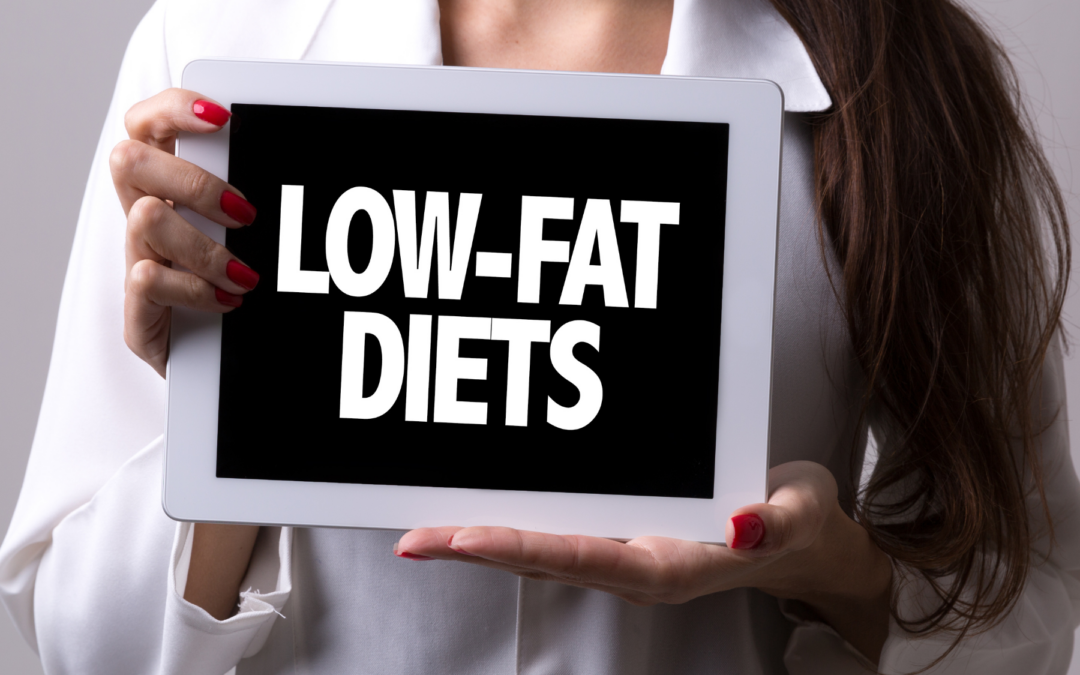Created by: Hali Obray, Dietetic Intern
You’ve probably heard that it’s good to eat more whole grains or to make them half of your overall grain intake. But, what are they and what benefits do they have?
What are the benefits of grains in your diet?
Whole grain kernels are made up of three parts: the bran (outer layer), germ (core, where seed growth happens), and the endosperm (interior layer). Refined grains only contain the endosperm, which contains carbohydrates, some protein, and small amounts of B vitamins and minerals. These are all great things for our body, but removing the bran and germ also removes a lot of other nutrients: fiber, iron, copper, zinc, magnesium, antioxidants, healthy fats, vitamin E, and other B vitamins.
Research shows that eating whole grains in place of refined grains can also reduce the risk for developing type 2 diabetes, lower total and LDL (bad) cholesterol, and can help treat and prevent constipation. Sounds great, right? But, how can you incorporate more whole grains into your diet?
Tips for getting more whole grains in your diet
- Choose whole wheat bread. Ingredient lists in whole wheat breads should have “whole wheat flour” as the first ingredient. Be aware that breads labeled “multigrain” or “7-grain” are not necessarily whole grain, so check the ingredient list.
- Try whole wheat pasta. If you have picky eaters at home, make half whole wheat pasta and half regular pasta to get them used to the change.
- Make the switch to brown rice. It does take longer to cook, but if you’re in a pinch you can use instant rice like Uncle Ben’s brown rice. It is parboiled before packaging so the cooking time is shorter than if you were to use uncooked brown rice.
- Eat more oatmeal. Old fashioned oats, rolled oats, steel-cut oats, and instant oatmeal are all made with whole grain oats. If you’re interested in instant oatmeal but looking to cut back on sugar, choose low-sugar or unsweetened instant oatmeal and sweeten it yourself. Get creative with toppings like nuts, seeds, fruit, and nut butters.
- Experiment by adding whole wheat or oat flour for up to half of the flour in muffin, pancake, waffle, cookie, or other flour-based recipes.
- Make the switch to 100% whole grain crackers.
- Experiment with other whole grains such as amaranth, barley, bulgur, millet, quinoa, and wild rice.
It’s never too late to eat more whole grains. Your gut will thank you!
For more tips on how to create a healthy diet, check out our other blog articles or schedule an appointment with one of our registered dietitians.
Adapted from hsph.harvard.edu, choosemyplate.gov
Image: eatright.org






